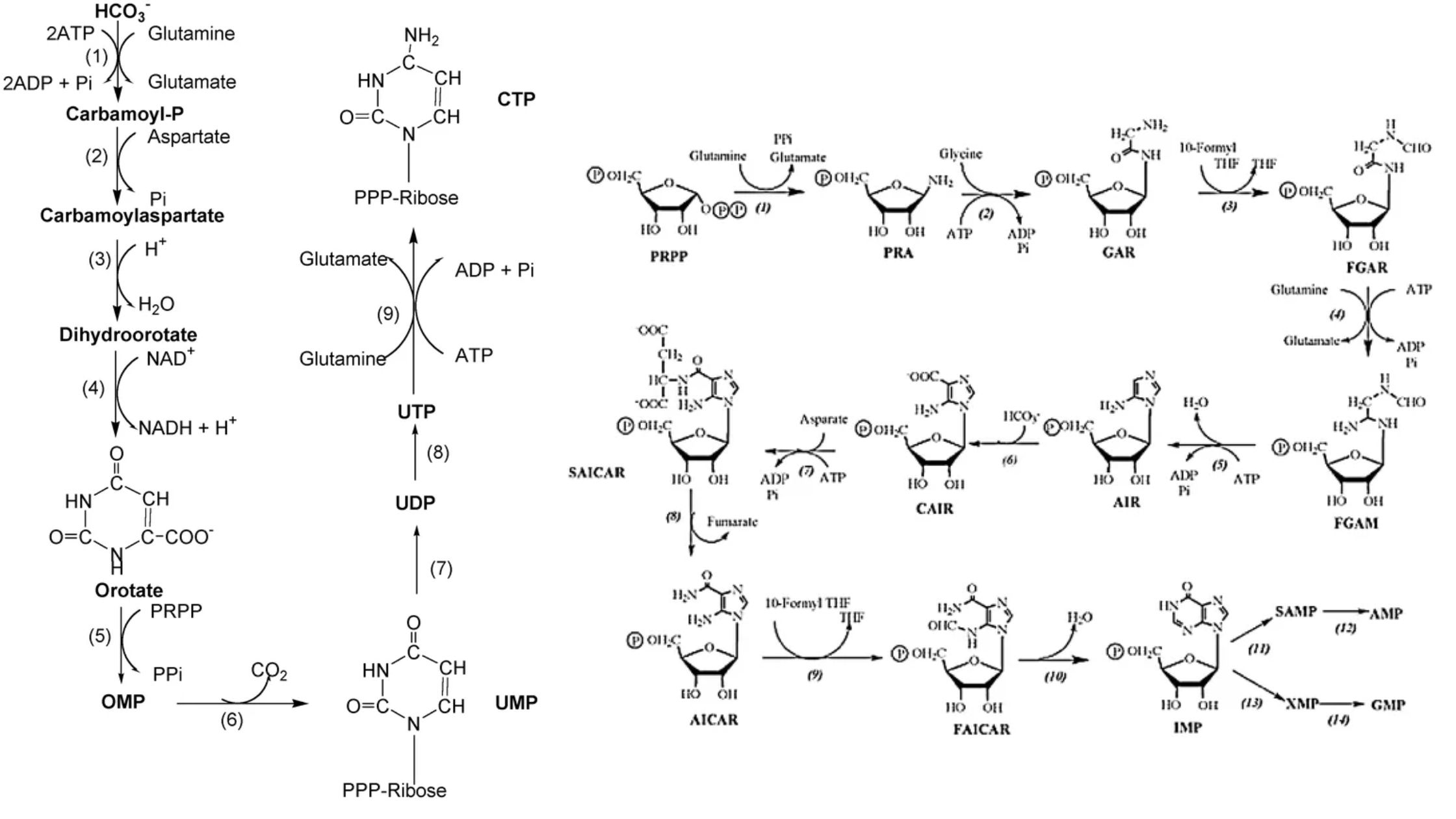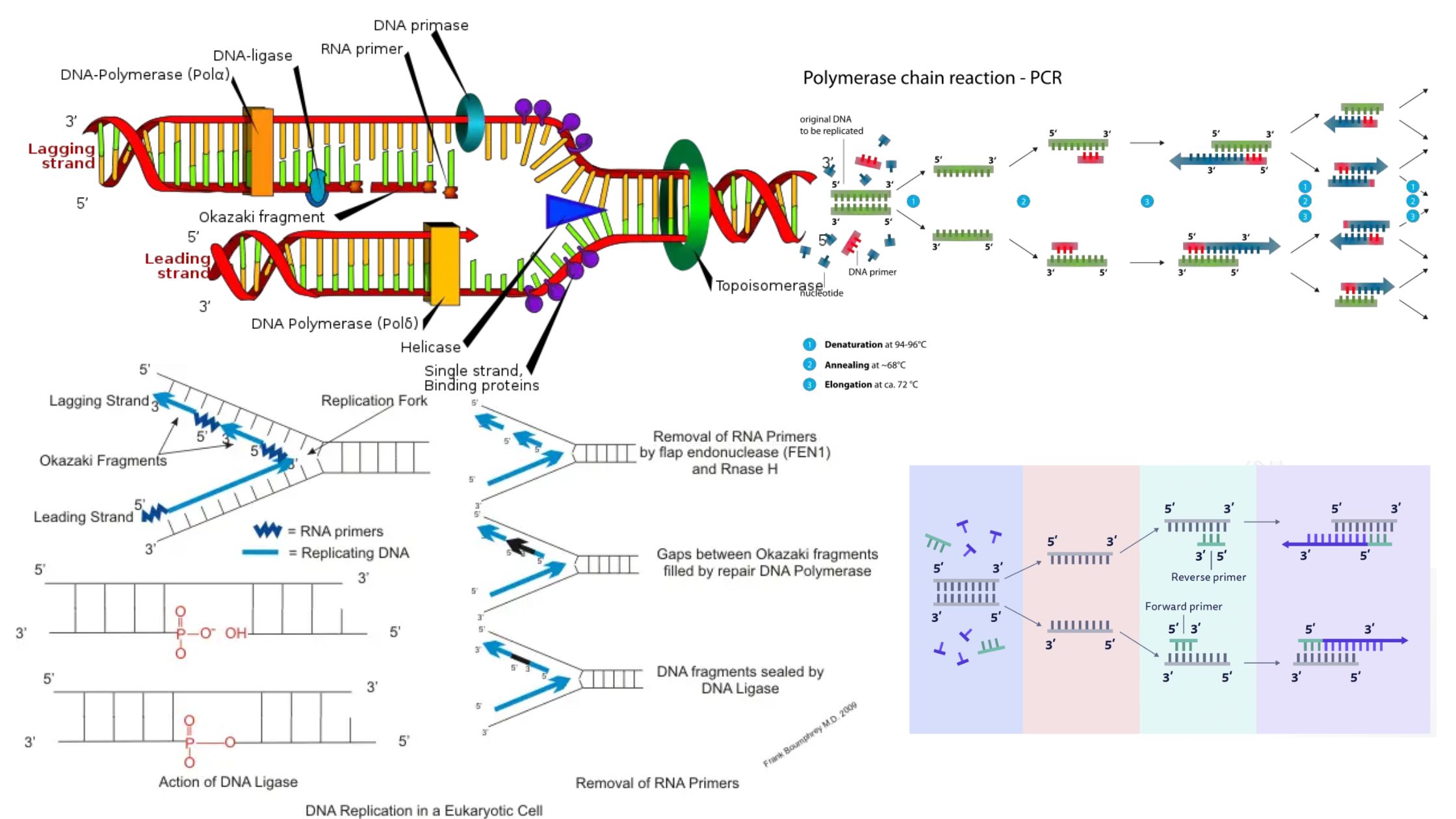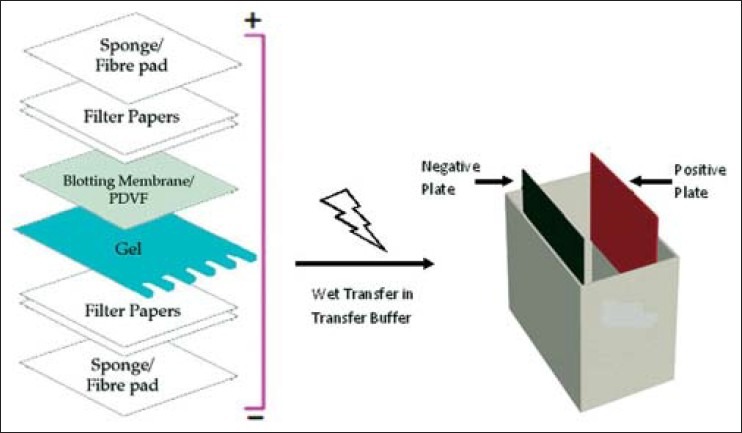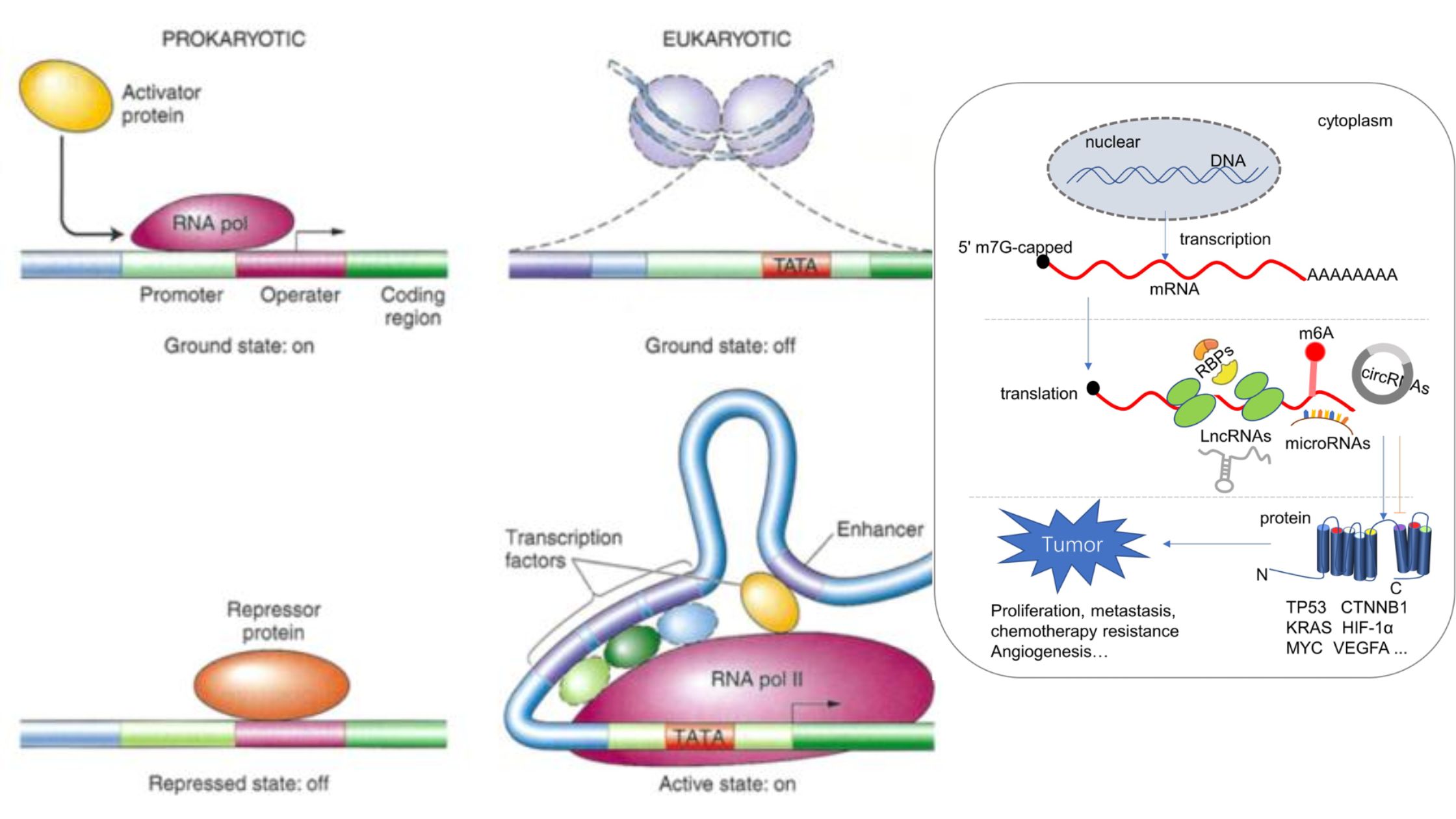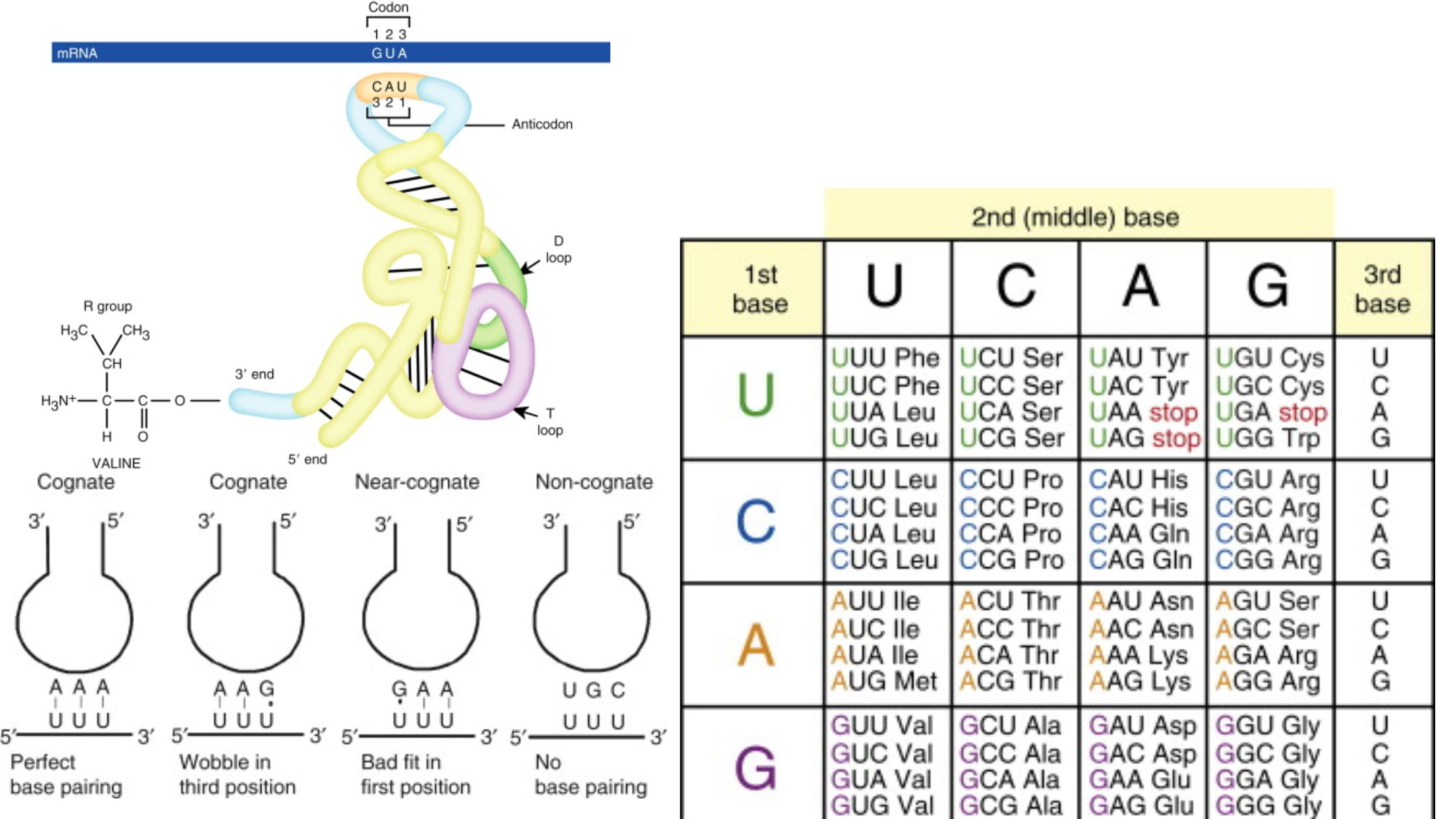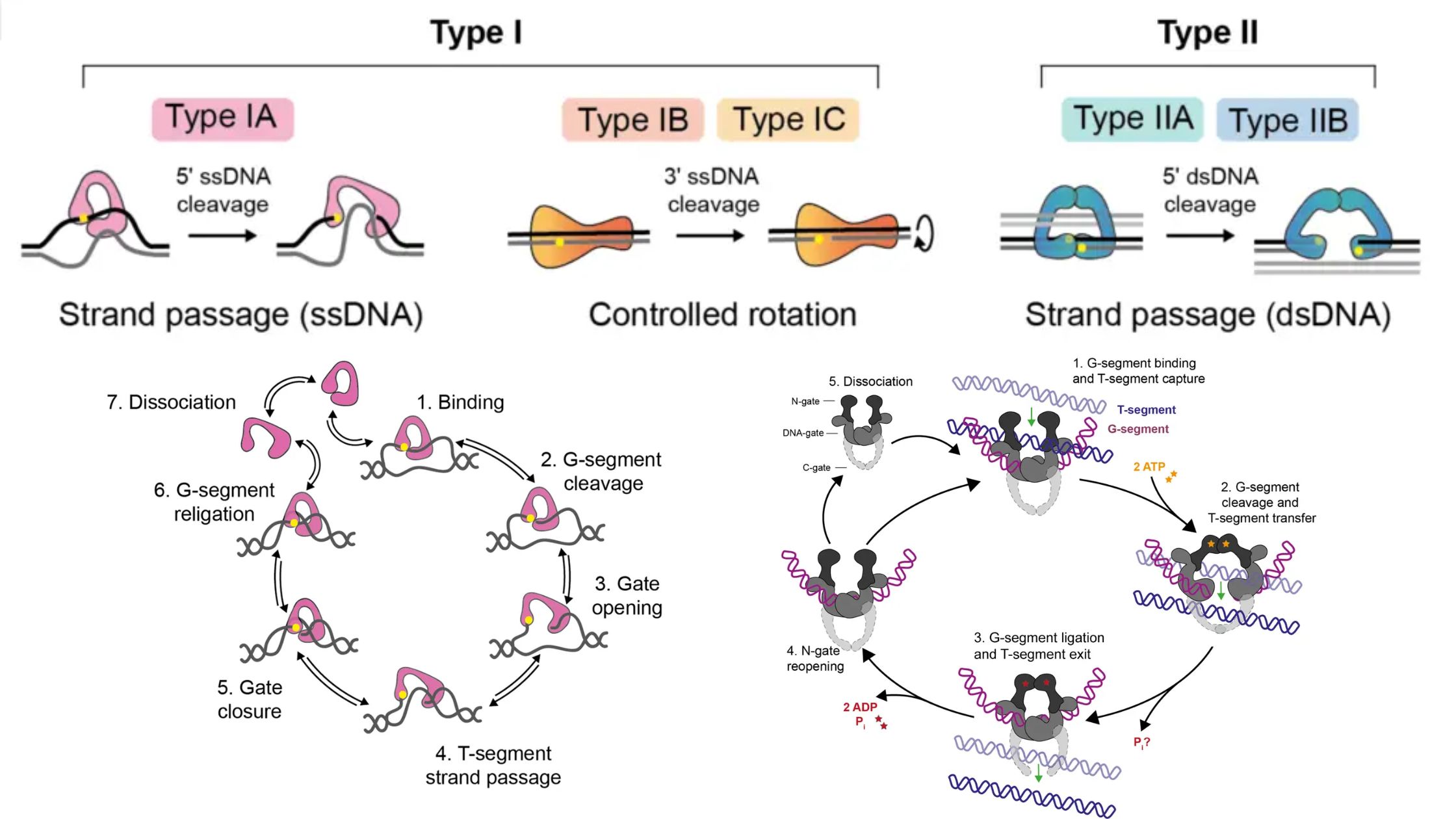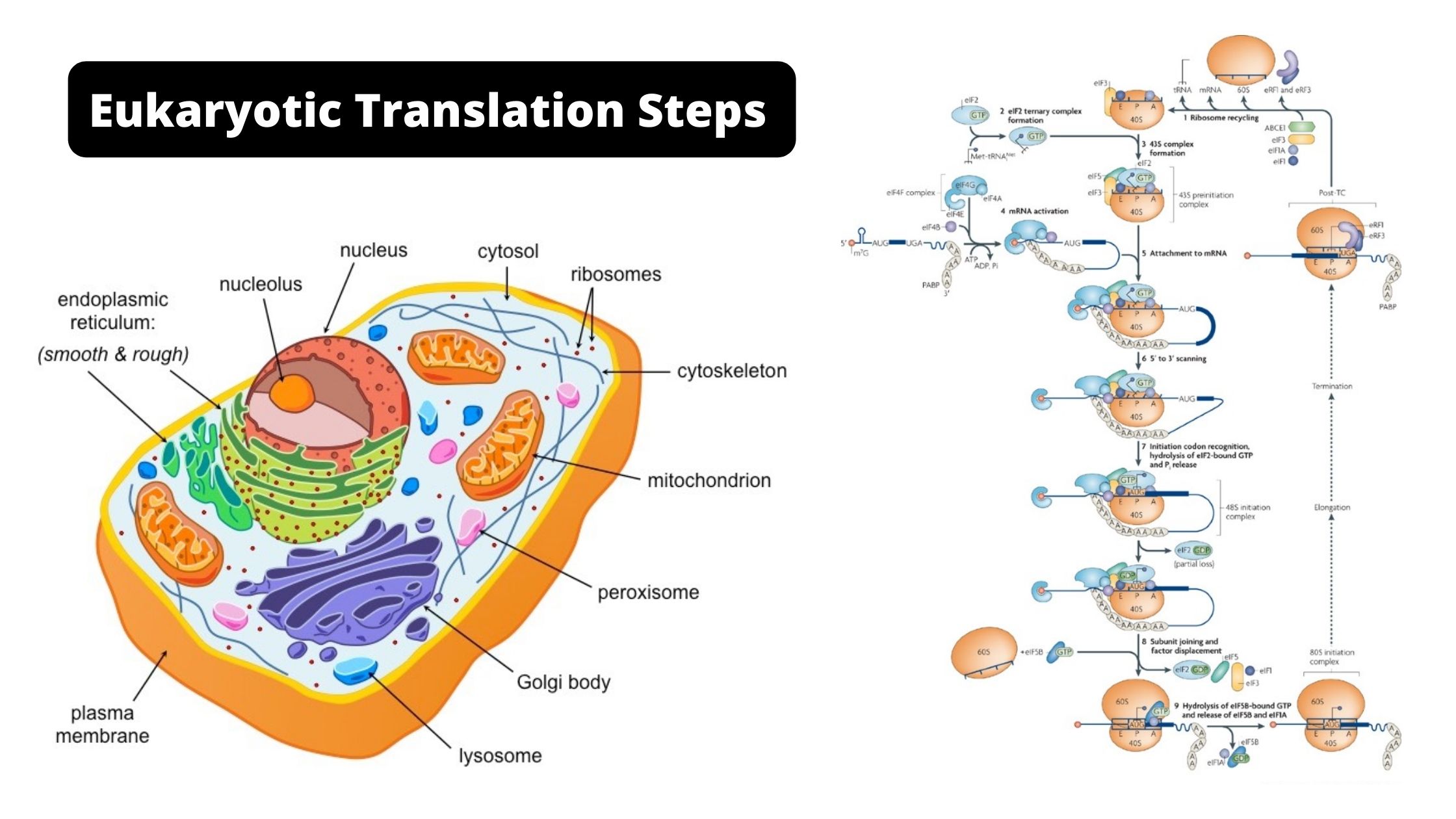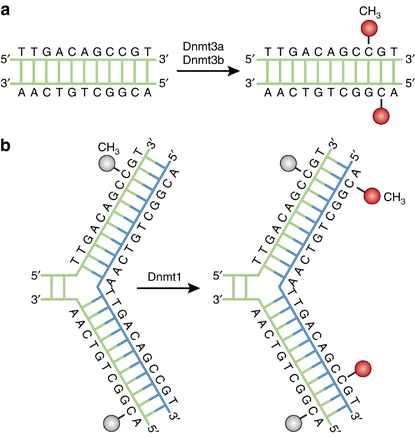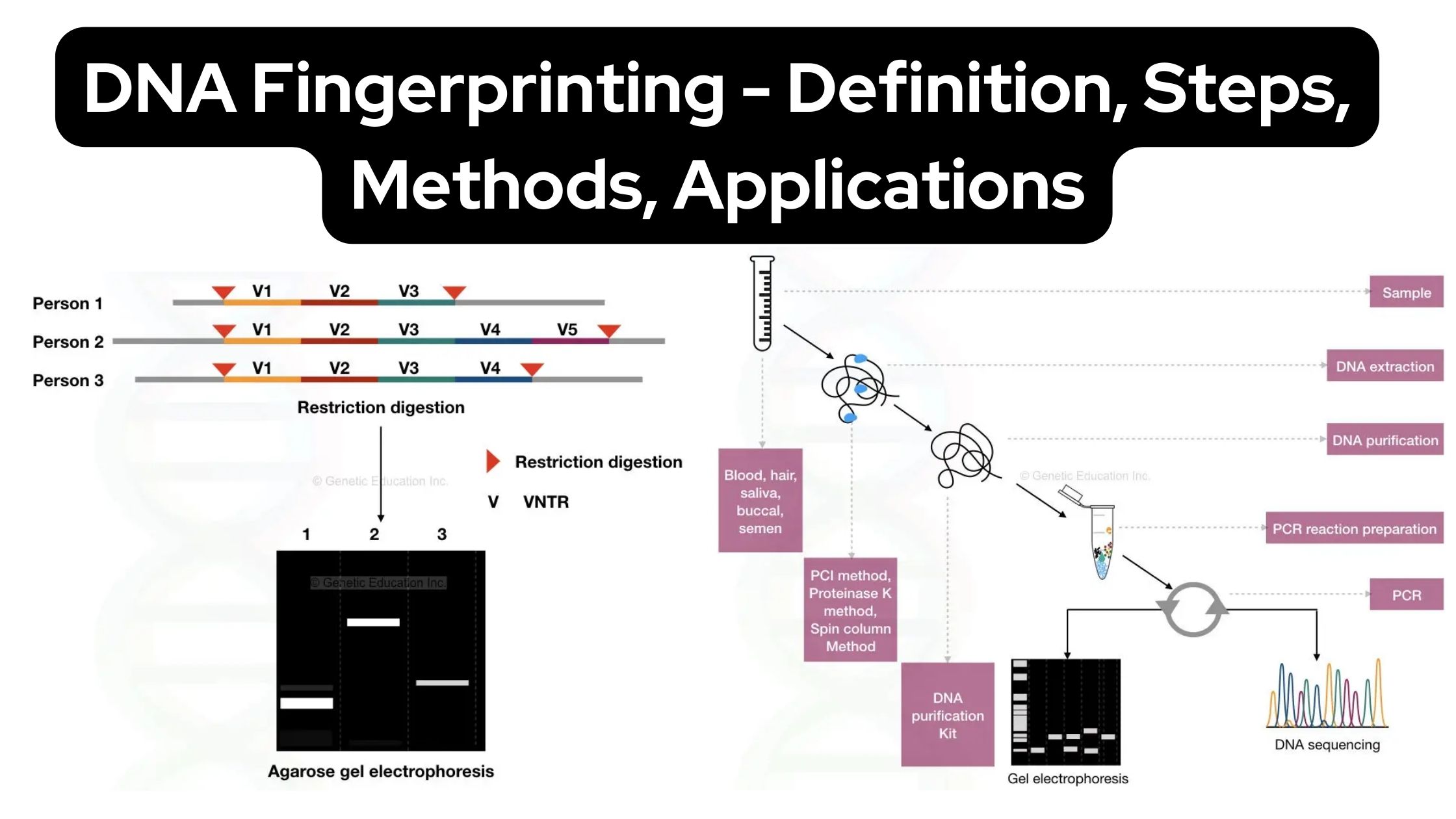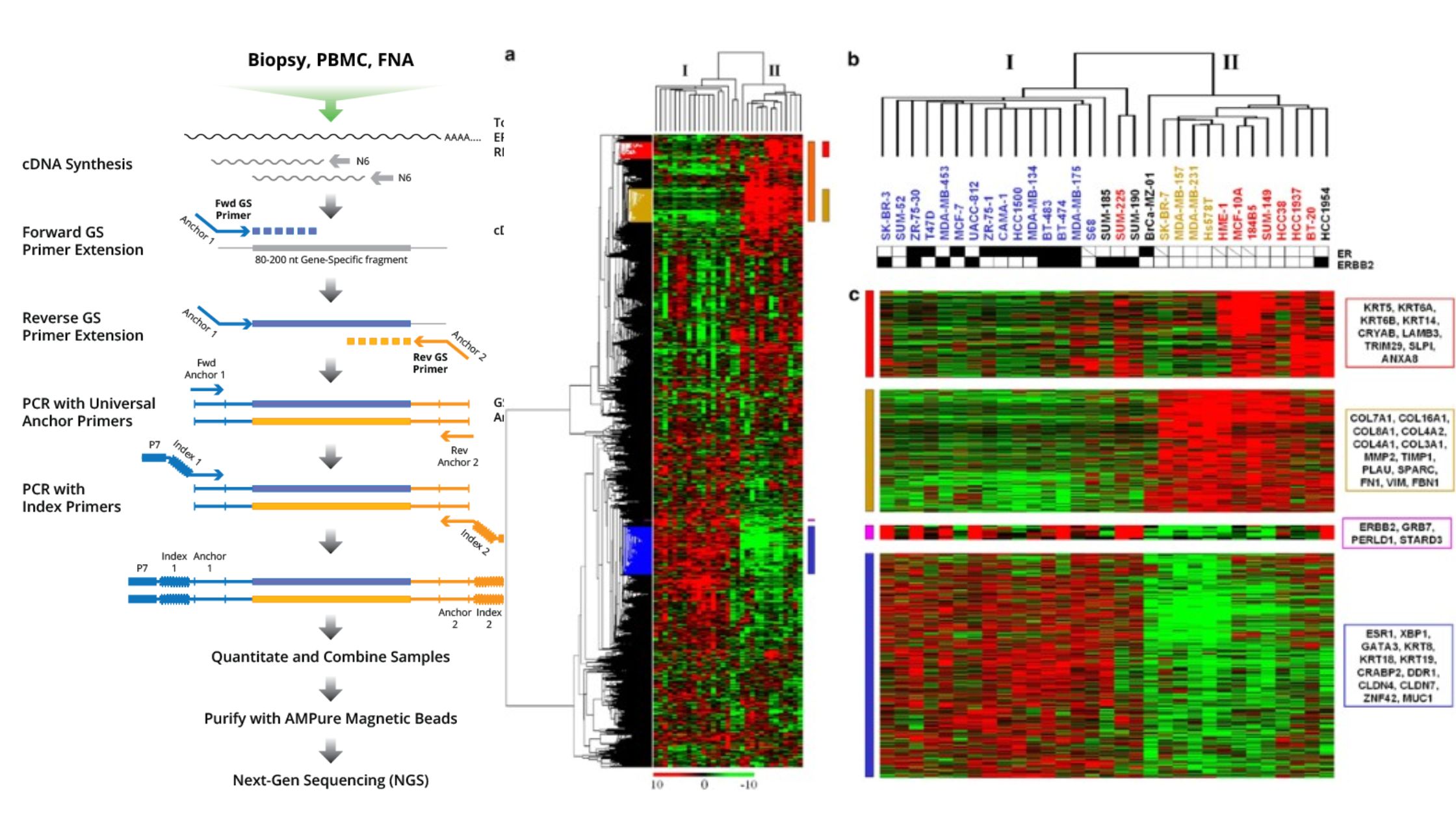Nucleotide Biosynthesis Pathways – Salvage pathway and De novo synthesis
What is a Nucleotide? A nucleotide is a fundamental component of nucleic acids, such as DNA and RNA. It is composed of three main parts: a pentose sugar, a nitrogenous base, and a phosphate group. Nucleotides are often referred to as the building blocks of DNA due to their crucial role in forming the DNA … Read more
